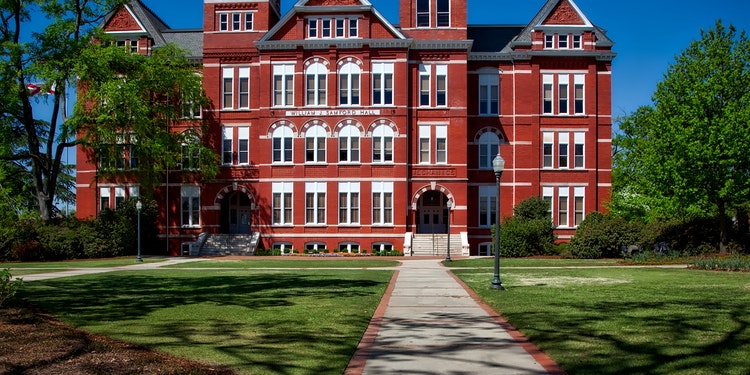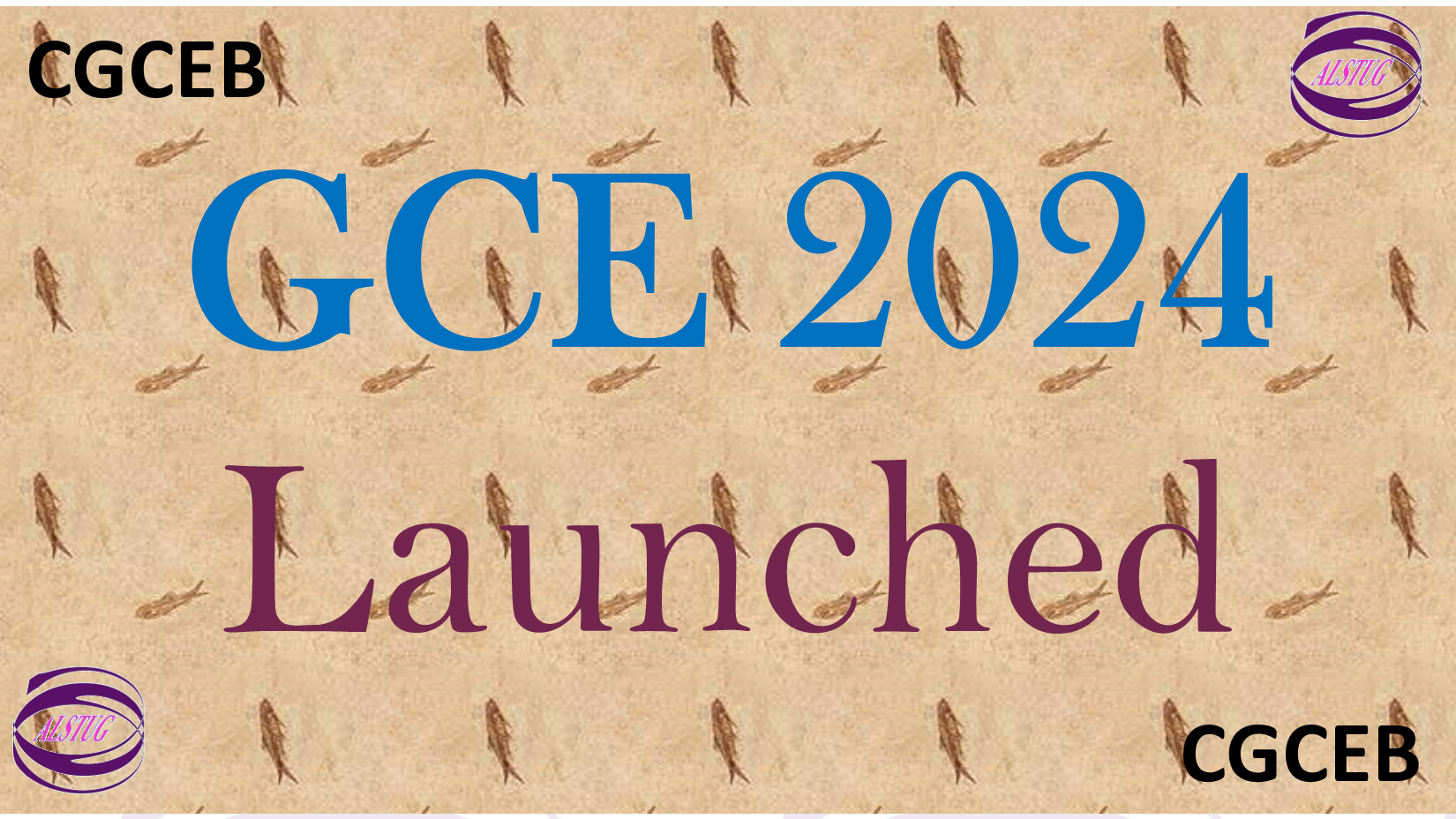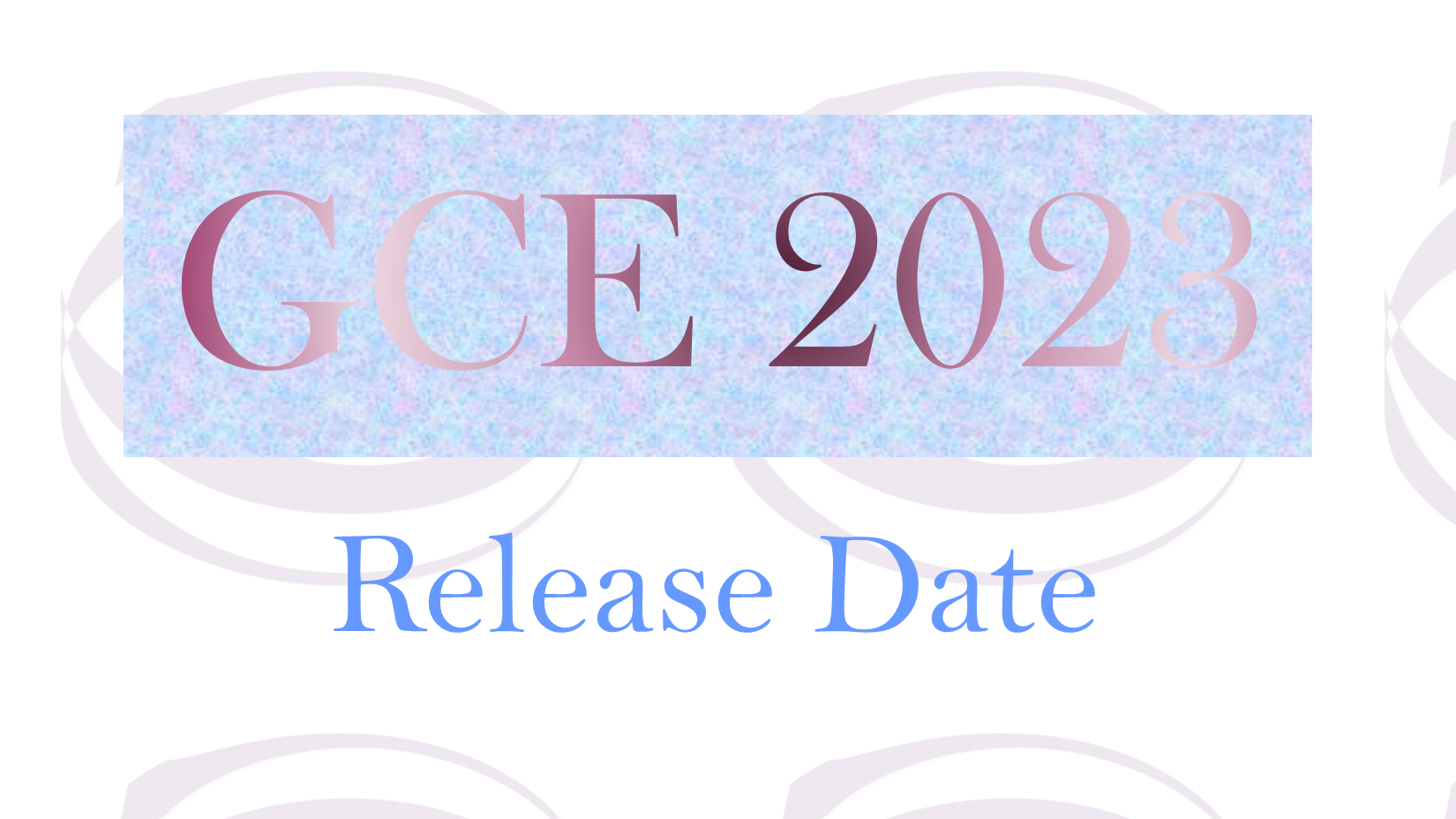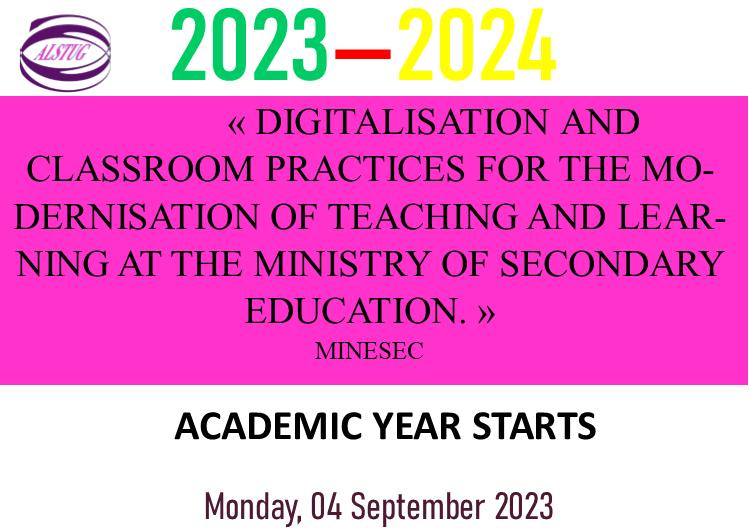
Education has progressed over the years in Africa to a fair extent. Nevertheless, there are so many countries in Africa where education is not so affordable while in others there is a comprehensive level of available educational facilities.
From the very fact that most countries in Africa are ex-colonies, the major foundations such as education was laid by their ex-colonial masters. Cameroon being one of such ex-colonies indeed inherited the educational status of its two (2) (so called) colonial masters: Britain and France. Cameroon being placed under trusteeship to Britain and France after the first world war (1914 – 1918) according to mandate B of the Berlin West African Conference, was bound to learn the culture and habits of both nations.
The presence of these 2 nations in Cameroon led to the creation of seemingly “opposing cultures within the same country. Focusing on the educational system, it has been divided into the Anglo-Saxon and French systems of education.
The Anglo-Saxon system follows the British system of education and the French system of education follows the system of education in France.
The Anglo-Saxon system.
The Anglo-Saxon system follows the British system of education and therefore classifies education just as it is done in Britain. In this subsystem of education just as in the French system is divided into Primary, Secondary and University studies.
- Primary School: Primary school as instituted by the British in Cameroon was a seven (7) years study but was reduced to six years by the year 2008. The exact reason for this was unclear to the public but most primary school teachers claimed that there wasn’t any exact curriculum for primary seven and this will help reduce the time that kids waisted in school. Primary education is completed in Cameroon only when a student succeeds in the First School Leaving Certificate (F.S.L.C).
The first school leaving certificate (F.S.L.C) is the only diploma from the primary school. The students also write common entrance exams which permits them to go for a competitive interview into their secondary school of choice.
- Secondary School: What is commonly referred to as secondary school in Cameroon is actually a combination of a secondary school study for five years and a high school study for 2 years. The secondary school phase starts from forms 1 to 5. A student graduates from this phase upon obtaining an Ordinary Level certificate from the Cameroon GCE Board (CGCEB)( (camgceb.org)). This board is the only one in charge of curriculum and certification for both secondary and high school studies in Cameroon. We successfully graduate from high school in Cameroon by obtaining a pass in Advanced Level Examination.
How does a student pass the CGCE?
Ordinary Level is passed by having a minimum grade of C in at least 4 duly registered subjects.
Advanced Level is passed by having a minimum grade of E in at least 2 duly registered subjects.
Details on the way these exams are written are discussed in a different post. Look-up for it.
- University Studies: University studies is generalized all over the world.
The French sub-system of education.
Studies in the French subsystem has 3 major subdivisions like the Anglo-Saxon subsystem.
- Primary School (Ecole Primaire): Pupils in this subsystem graduate from primary school after having a pass in the CEP examination. These students then write a common entrance exam which will permit them to get into a desired secondary school directly without any interview. That is the difference between the English and French primary education in Cameroon.
- Secondary School (Ecole Secondaire): The secondary system for the francophones in Cameroon is slightly different from that of the anglophones in the sense that instead of 2 national exams discussed above, the francophones write 3;
- BEPC which is considered to have equivalence with the CGCE Ordinary level. This exam is written in troisième (Form 4 for anglophones). The results here is issued by transcript and calculated by average. A student is expected to score an average of 10/20 to be successful in this exam.
- PROBATOIRE is an exam written in the class of Premiere (Lower-sixth for anglophones). The exact reason or purpose for this exam is unknown but without it, a student can’t be admitted into Terminal.
- BACCALAUREAT (BACC) is written in Terminal and is what qualifies a student to study in the university.
Details on the way these exams are written are discussed in a different post. Look-up for it.
- University Studies: University studies is generalized all over the world.
The good thing with the educational system in Cameroon is that, Though the differences in core methods and syllabuses do exist, it doesn’t create disunity in the sense that there are a good number of state bilingual schools scattered all over that nation
Even at the university level, though only 2 English speaking universities exist; the university of Bamenda (link) and the University of Buea (link) and several French universities in Yaounde(link), Douala(link), Maroua(link), Ngoundere(link) with one which is almost perfectly bilingual in Dschang(link), it is good to know that you find lecturers and students who express themselves in both languages in each of the universities.
Please login to post comments.
No comments here


